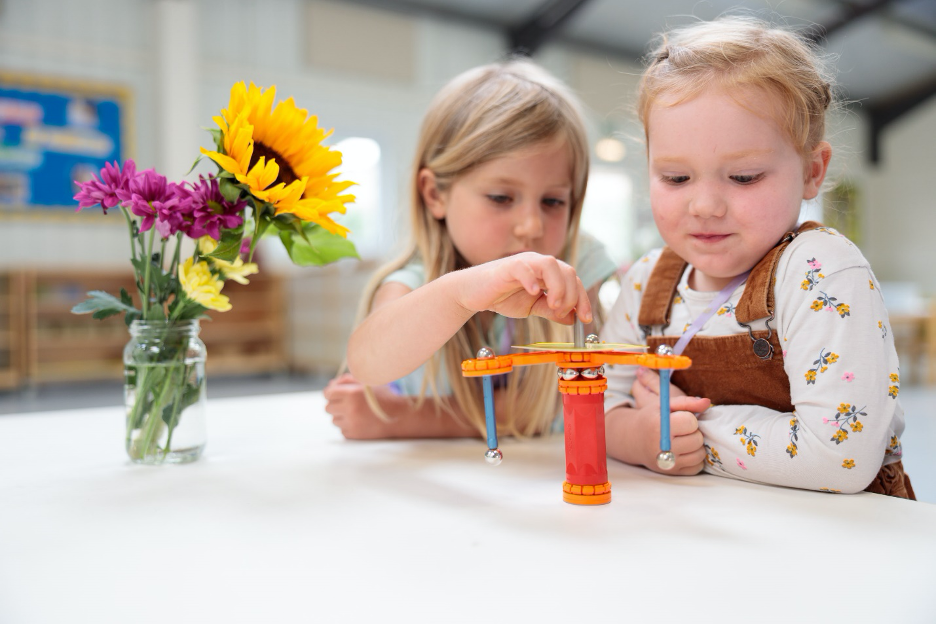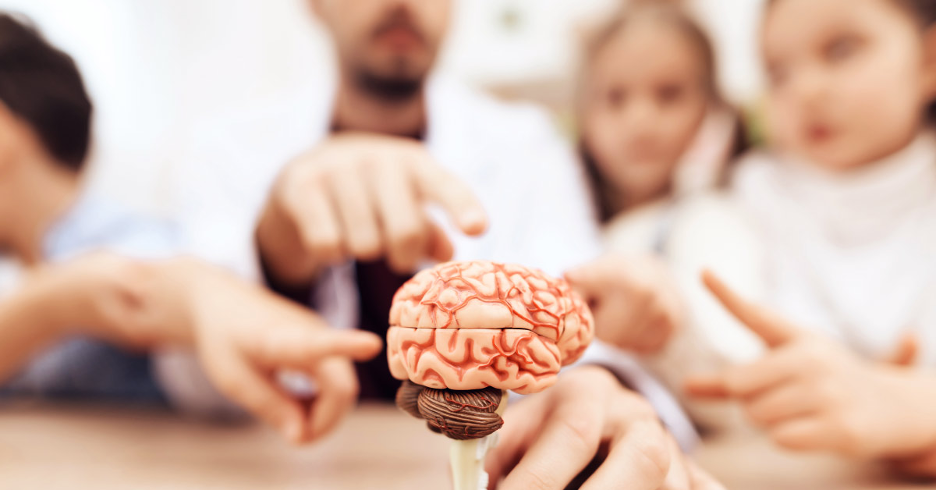Ruth Martin is the founder and owner of Artisans Montessori Kindergarten. This year, Ruth completed the Masters in Educational Neuroscience course offered by Birkbeck and UCL. She recently put together a course for parents of children at her school that combined neuroscience, pedagogy, and parenting themes. Here she reflects on her experiences designing the course and the parents’ responses:
“Parenting is tough. I know, I have four wonderful children of my own and I have taught hundreds of others. Why aren’t parents treated with the respect they deserve for the incredibly difficult task they do? Why aren’t they listened to with compassion and informed with solicitous care? The media is saturated with desperate stories of family trauma; political policy regards children as future capital to be maximised; schools are cynical at best; meanwhile neuroscience stays firmly inside its academic fortress or risks being simplified into quick fix nonsense.
As a teacher and an educational neuroscience student I am perplexed and saddened that most educational and neuroscientific literature either ignores parents as an audience or assumes the worst. So, in my Montessori Kindergarten, I created a short course for parents to explore interrelations between concepts from neuroscience, pedagogy and parenting. From the graciously analytical feedback the attending parents gave, three overarching themes became clear.
Firstly, our hard working, nuclear family society has created a divide between care and education that is new in human history. Neuroscience’s unique perspective offers an opportunity to reunite care and education as the single continuum of a child’s lived environment and this gift was relished by parents. In contrast to both pedagogy and parenting, neuroscience concepts had an ever increasing impact on parental behaviours and choices through the study; “I find the neuroscience is a way I can keep making sure my parenting is the best it can be”, commented one parent.
Secondly, the implied value base of our educational and political structures is that children are adults-in-waiting. The evidence of developmental neuroscience is that childhood offers unique potentialities which, if nourished, could create the threshold for positive change; parents embraced that. One parent commented “These sessions make me realise that childhood is special and different to being an adult… [children] are better at taking risks and trying new things, and we ought to let them, not get anxious about it.” Children are not replicas of their ancestors, but citizens of the future, and society risks self-harming if it fails to provide children with the space and time to ferment change.
Finally, parents actively sought to use neuroscience to support mental and emotional health as this parent’s comment illustrates, “I know the experiences are what are shaping his mental health and his character and not the facts he knows. Providing experience and empathy has given us both space to be contented”. Neuroscience has proven the critical reverberations of relationships, demonstrating the prioritisation of safety, survival and social connection present in the hierarchies of brain functions. Public and professional conversations around mental health are drawing on neuroscientific insight into how this impact takes effect, the answer has the potential to be pivotal in how we, as a society, choose to conduct and model relationships with and around children. Maybe it will be this that finally makes the professional and academic elite realise that their sterile, orderly worlds would be more luminous, fulfilling and accurate if they sought and valued parenting as a dynamic cauldron of expertise.
The feedback from the parents attending my course offers a glimpse of how, in the tender membranes between neuroscience, pedagogy and parenting, there are many latent opportunities for a symbiotic relationship between all three practices. A relationship which, in the future, could underpin a more generous experience for children of their childhood and a more intimate intergenerational and interprofessional society.”


